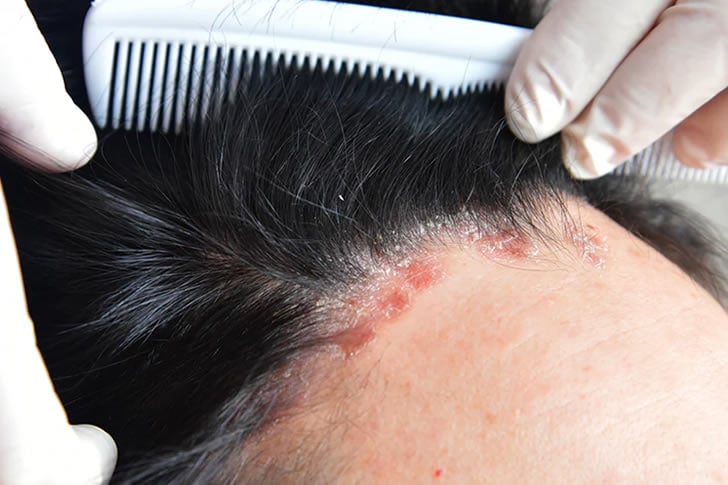Managing Renal Impairment and Kidney Disease: Effective Treatment Tips
Renal impairment and kidney disease require careful management and effective treatment to maintain health and quality of life.

Understanding Renal Impairment and Kidney Disease
What is Renal Impairment?
Renal impairment refers to a condition where the kidneys are not functioning at their full capacity. This can range from mild reductions in kidney function to severe conditions requiring dialysis or transplantation. Symptoms may include fatigue, swelling, and urine abnormalities.
What is Kidney Disease?
Kidney disease encompasses a variety of conditions that damage your kidneys and decrease their ability to filter waste from your blood. Chronic Kidney Disease (CKD) is the very common type and progresses over time, potentially leading to kidney failure if untreated.
Recognizing the Symptoms of Renal Impairment and Kidney Disease
Common Symptoms
- Feeling unusually tired or weak.
- Particularly in the legs, ankles, or feet.
- Increased frequency, color changes, and difficulty urinating.
- Fluid accumulation in the lungs can cause breathing issues.
Diagnosis of Renal Impairment and Kidney Disease
Initial Assessments
- Tests for protein, blood, and other abnormalities.
- Evaluate kidney function by measuring levels of waste products like creatinine and urea.
Advanced Diagnostics
- Ultrasounds or CT scans to visualize kidney structure.
- In severe cases, a small kidney tissue sample might be tested for specific damage.
Effective Treatment Options for Renal Impairment and Kidney Disease
Medications
- Lowering blood pressure to reduce strain on the kidneys.
- Help remove excess fluid to reduce swelling.
- Control levels of phosphate in the blood, essential for bone health.
- Manage anemia, a common complication of kidney disease.
Lifestyle Modifications
- A kidney-friendly diet low in sodium, phosphorus, and protein is crucial. Consulting a dietitian is recommended.
- Regular physical activity promotes overall health and helps manage conditions like hypertension and diabetes, which affect kidney function.
- Smoking can worsen kidney disease and impair the efficacy of treatments.
Monitoring and Ongoing Care
Regular Appointments
Continuous monitoring through regular appointments with a nephrologist is critical for tracking kidney function and adjusting treatments as necessary.
Importance of Adherence
Strict adherence to prescribed medications and lifestyle adjustments increases the effectiveness of treatments and slows disease progression.
Home Management Strategies
Hydration
Maintaining optimal hydration with water, unless otherwise advised by a healthcare professional, can help support kidney function.
Managing Stress
Stress can negatively impact overall health and kidney function. Techniques like mindfulness, meditation, and yoga can provide beneficial stress relief.
Advanced Treatment Options
Dialysis
When kidney function severely declines, dialysis might be necessary to filter waste products from the blood. There are two main types:
- Blood is filtered through a machine.
- A cleansing fluid is used to remove waste products in the abdomen.
Kidney Transplant
In end-stage renal disease, a kidney transplant might be the top solution. This involves surgically placing a healthy donor kidney to replace the failed one. Post-transplant patients need to follow a rigorous regimen to prevent organ rejection and maintain kidney function.
Support Systems and Resources
Patient Support Groups
Support groups provide emotional encouragement and practical advice from others experiencing similar challenges.
Professional Counseling
Mental health professionals can help manage the emotional strain of living with a chronic condition like kidney disease.
Research and Innovations in Treatment
Ongoing research continues to uncover new treatments and better management strategies for renal impairment and kidney disease. Staying informed about advancements can provide more options for optimal care.
Conclusion
Managing renal impairment and kidney disease involves a holistic approach that includes medication, lifestyle changes, regular monitoring, and support systems. By following these guidelines and maintaining open communication with healthcare providers, you can effectively manage your condition and improve your quality of life.









